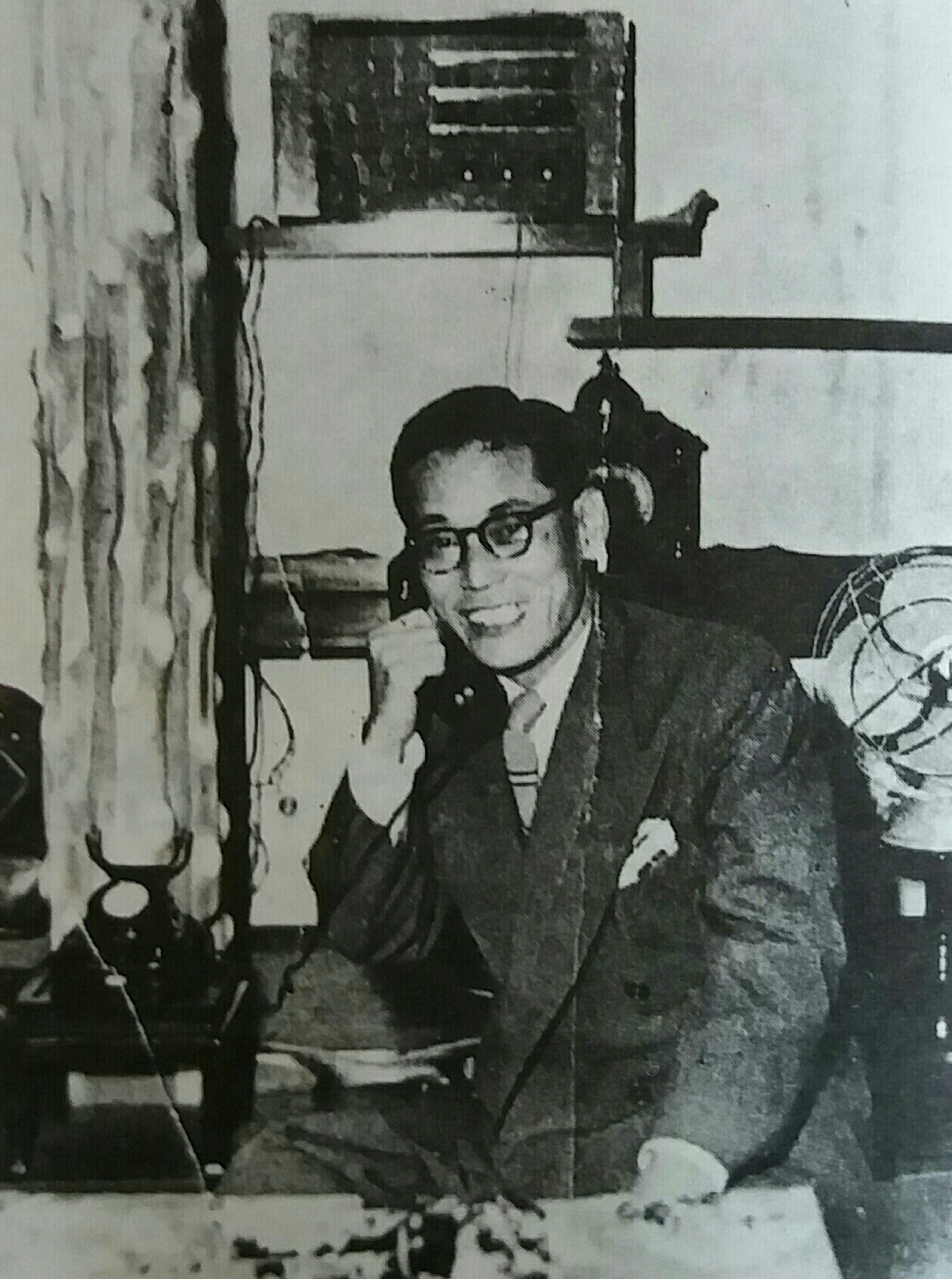An entrepreneur is a person who has a vision that could change millions of lives and help the country grow economically at the same time. This vision brings creative ideas and creates employment opportunities helping the society prosper.
Countries like USA, China, India, South Korea and many more have made a significant contribution to the global industrial sector. When it comes to electronics and plastic market, China tops the list, top apparel, software and hardware brands are from US and South Korea is famous for electronics and automobiles industry. One man from South Korea changed the entire electronics and smartphones market when his company called Samsung came to the market with their world changing technology. The founder Lee Byung-chul’s Samsung has seen many crests and troughs all these years and today stands as a symbol of growth, innovation, and prosperity.
Early Life
Born on 12th February, 1910 in Uiryeong County in South Korea Lee was the only son of a wealthy family. His family was of landowners and left behind huge wealth for him to inherit. Chull attended Waseda University in Tokyo but left his degree incomplete. Initially, he used his inherited wealth to start a rice mill. Although he dedicated himself in this first business it failed to float and sunk without generating any major profits.

After the failure of his first business Chul established an export business in Daegu on 1st March, 1938 and named the company Samsung Trading Co. The company exported varieties of goods and eatables like fish, vegetables, and fruits to the regions of China. The company saw a major boom in growth as it was supplying goods throughout Korea and even to other countries by 1945. The company was then shifted to Seoul in 1947. Samsung Trading Co. was considered to be one of the ten largest trading companies during that time. But, Chul had to face another difficulty. This time, the war. As the war broke out Chul had to shift his company to a safer location in Busan around 1950.
But this shifting came as a boon for Chul. The massive influx of US army troops and the military equipment boosted his trucking business for the next year and a half. Chul also started a sugar refinery which saw the light of success quite early. After the war, he went on to set up a wool factory in 1954 in Daegu which later became the largest wool factory in the country. As the business was growing Chul ventured into various other sectors like finance, insurance, retail, and security.
Chul had a strong belief in industrialization and wanted Samsung group to become leader in every sector. It was in the 1960s that Samsung ventured into electronics industry to take over the market just like other sectors. Samsung focused on creating innovative products and soon the company released their first product – a black and white television. By the mid and late 1960s Samsung already had six divisions focused on departments like semiconductors, telecommunications, hardware, etc.
Success in the Electronics Business
In 1980, Samsung acquired Hanguk Jeonja Tongsin, a major company in telecommunications. This was the same year when the company had its own electronics division under Samsung Electronics Co., Ltd. unit. The company then started producing telephones, fax machines, and various other electronic devices on a large-scale.
The founder of Samsung, Lee Byung Chul, died on 19th November, 1987 in Seoul, South Korea. But the company kept following his philosophy of large-scale expansion. The company expanded as never before setting up their plants in New York, Texas, London, etc. Samsung’s construction company garnered major projects including that of the Burj Khalifa in Malaysia.
Major Successes
Samsung raced on the top of the list as the number one memory chip production company in the whole world in 1992. Soon it also acquired second position, just behind Intel, in the chip-making industry. The year of 1995 came with a huge success as Samsung made first LCD screen revolutionizing the television hardware industry.
Samsung accounts for 15% of South Korea’s GDP (as of 2012). In the same year the company’s total revenue was a whopping $265 billion and earned profits of $26 billion. Samsung has employed over 425,000 people providing a good life for people all over the world.

Harshal Pawar is an avid reader, a TV show addict, and a writer. He has a personal blog brainwork.wordpress.com where he jots down his articles and poetry about love and life.
He is currently pursuing film-making and wishes to bring the words written on a paper to the screen. More of all he is a scorpio.